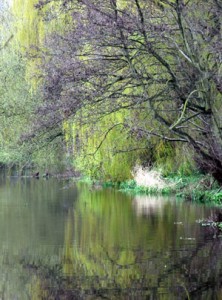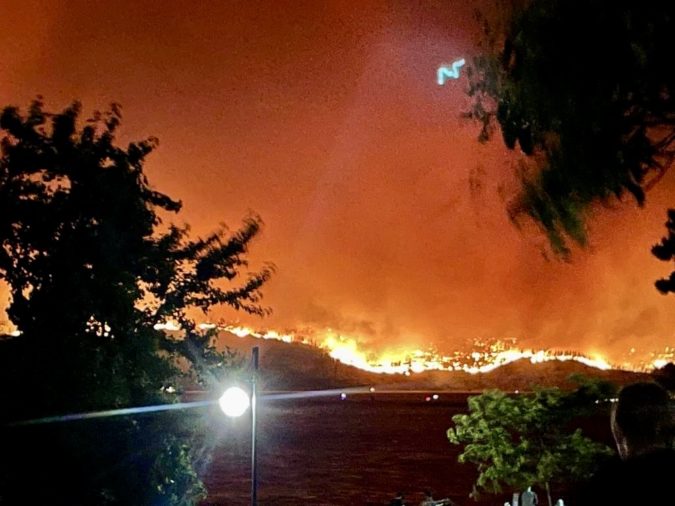Trees in trouble ?

A lot of research work now focuses on the resilience of woodlands and forests in the light of climate change, that is their ability to cope with conditions like drier, hotter summers and/or warmer/wetter winters.
It has generally been assumed that trees at the limit of their range in dry regions would be most affected by climate change (with rising temperatures and less water). However, a major study of some six million tree annual ring samples, (involving 120+ species) coupled with analysis of historical climate data has shown that trees in drier regions show a certain resilience to drought. Trees seemingly become less sensitive to drought as they approach the edge of their range. Trees in wetter climates are less resilient when they experience drier conditions or drought. It seems probable that many species in wetter woodland and forest ecosystems will face significant challenges if the climate does move to a drier and warmer state.
Assisted migration may be needed. One idea is to ‘exploit’ the genetic diversity found at the edge of a species range. The slow natural migration of trees may not be able to keep pace with the speed of climate change.
Full details of this study by the University of California can be found here : Drought sensitivity in mesic forests heightens their vulnerability to climate change
The effects of climate change have become very clear in recent times. This last year witnessed:-
- Record breaking wild fires in Canada, with the smoke extending across to the East coast of the States.

Canadian forest fire
- Heat waves in parts of America , for example, Phoenix (Arizona) suffers the best part of a month with temperatures of 43oC.
- Parts of the North Atlantic Ocean saw unprecedented temperatures
- The global temperature in July was 1.5oC above the pre-industrial average, September saw temperatures 1.8oC above the pre-industrial average.
- Parts of Chile and Argentina saw a ‘heatwave’ in the middle of their winter.
It is clear that ‘unchartered waters’ lie ahead.
Comments are closed for this post.
